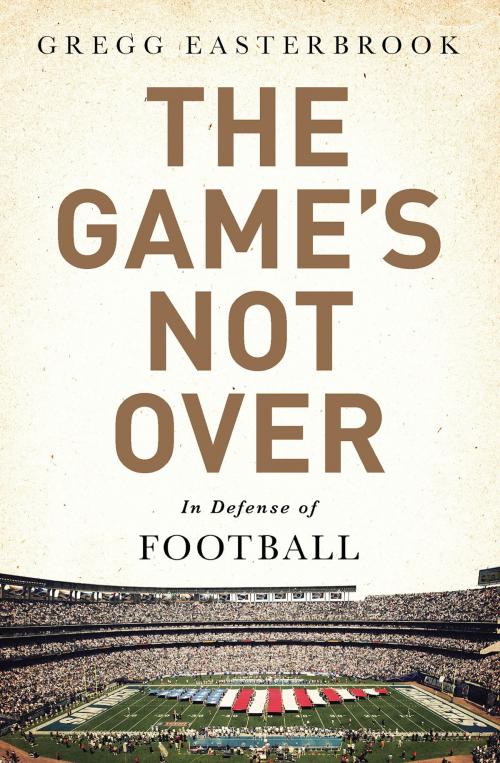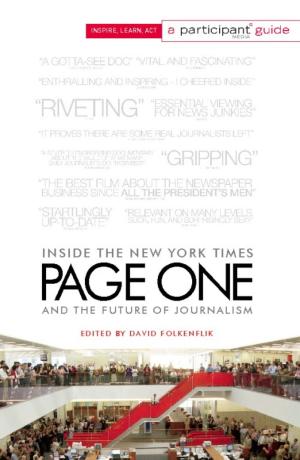| Author: | Gregg Easterbrook | ISBN: | 9781610396493 |
| Publisher: | PublicAffairs | Publication: | December 8, 2015 |
| Imprint: | PublicAffairs | Language: | English |
| Author: | Gregg Easterbrook |
| ISBN: | 9781610396493 |
| Publisher: | PublicAffairs |
| Publication: | December 8, 2015 |
| Imprint: | PublicAffairs |
| Language: | English |
On November 17, 1968, the Oakland Raiders staged a last-minute comeback against the New York Jets, scoring two touchdowns in the final minute for a dramatic finale. But there was a problem: no one saw it. NBC, broadcasting the game nationally, cut away with 1:01 remaining and the Jets still leading to air a previously scheduled movie, Heidi. The ensuing public outcry was so significant that the rules for football broadcasting were quickly and forever changed.
In this perceptive, finely argued book, Gregg Easterbrook shows that the so-called "Heidi Bowl" was not just an isolated bizarre moment. It was the beginning of the football era in America. The sport boomed alongside television, soon becoming our national campfire--one of the few points of agreement across the political spectrum and a genuine source of community even as religion's influence waned. It is no coincidence, Easterbrook argues, that we now see in football the same issues that we perceive elsewhere in America--including recent problems with bullying, violence against women, racial injustice, and financial skulduggery.
These problems are significant, and many have been moved to limit their engagement with the NFL's venal culture--or boycott it entirely. Yet as Easterbrook shows, there's something here worth saving. He expounds on the benefits of football, and throws its many problems into relief, finally arguing that the work of reforming and changing one of our great pastimes is American as the game itself.
On November 17, 1968, the Oakland Raiders staged a last-minute comeback against the New York Jets, scoring two touchdowns in the final minute for a dramatic finale. But there was a problem: no one saw it. NBC, broadcasting the game nationally, cut away with 1:01 remaining and the Jets still leading to air a previously scheduled movie, Heidi. The ensuing public outcry was so significant that the rules for football broadcasting were quickly and forever changed.
In this perceptive, finely argued book, Gregg Easterbrook shows that the so-called "Heidi Bowl" was not just an isolated bizarre moment. It was the beginning of the football era in America. The sport boomed alongside television, soon becoming our national campfire--one of the few points of agreement across the political spectrum and a genuine source of community even as religion's influence waned. It is no coincidence, Easterbrook argues, that we now see in football the same issues that we perceive elsewhere in America--including recent problems with bullying, violence against women, racial injustice, and financial skulduggery.
These problems are significant, and many have been moved to limit their engagement with the NFL's venal culture--or boycott it entirely. Yet as Easterbrook shows, there's something here worth saving. He expounds on the benefits of football, and throws its many problems into relief, finally arguing that the work of reforming and changing one of our great pastimes is American as the game itself.















